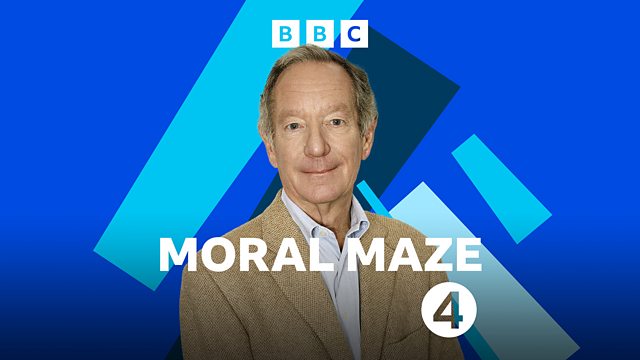The morality of income tax
Is the 50 per cent income tax rate immoral? Combative, provocative and engaging debate examining the moral issues behind one of the week's news stories. Chaired by Michael Buerk.
Should some of the richest people in society pay less income tax? There are around 300,000 people in Britain who earn more than 拢150,000 a year. By most people's measurement that's a lot of money, and since April 2010 it's been taxed at 50%. In recent weeks there's been a growing lobby calling for that tax rate to be cut. It's argued that the utilitarian argument for the 50% tax - that it raises more money to help cut the deficit - is at best marginal, at worst totally false and immoral. The arguments, for and against are almost exclusively moral. The one side regards the growing gap between the poorest and the wealthiest in society as intrinsically immoral in itself, as well as deeply damaging to society as a whole; the 50% tax imposed on high earners is a small and justified step in rectifying this. And, they argue, even if it costs more than it raises, it sends out a powerful signal of how society should be ordered. The other side sees this not only as the politics of envy - as a tax on success that drives out endeavour and wealth creators - but also that an interesting moral watershed is crossed when the state earns more from your week's work than you do. Morally, does it matter how rich the rich are? Or should our real concern be how poor the poor are? The morality of income tax is the Moral Maze.
Combative, provocative and engaging debate chaired by Michael Buerk with Claire Fox, Clifford Longley, Kenan Malik and Michael Portillo.
Producer: Phil Pegum.
Last on
Broadcast
- Wed 14 Sep 2011 20:00大象传媒 Radio 4
Podcast
-
![]()
Moral Maze
Live debate examining the moral issues behind one of the week's news stories. #moralmaze



